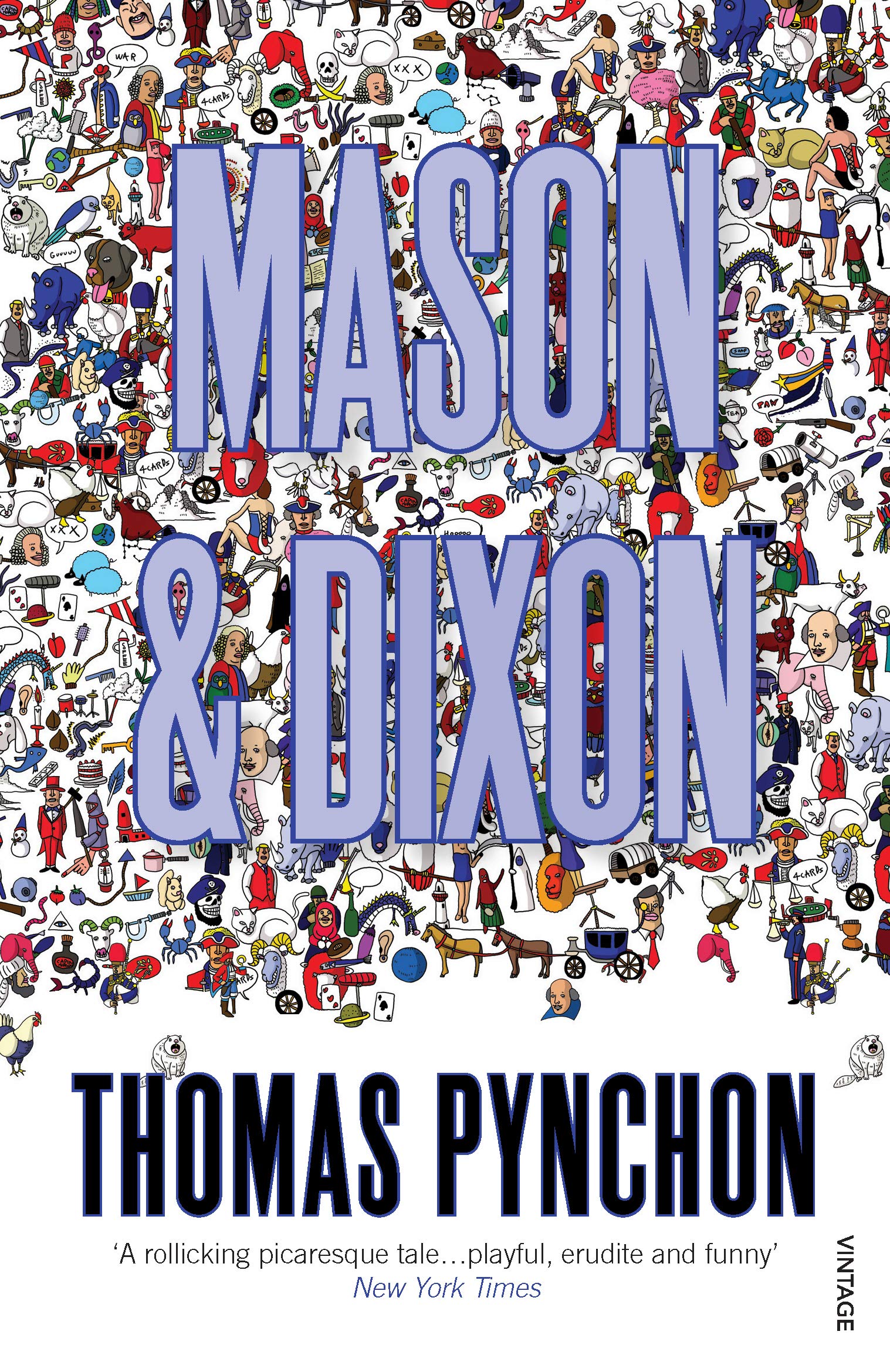Book of a lifetime: Mason & Dixon by Thomas Pynchon
From The Independent archive: Marek Kohn on the exhilirating prose in Pynchon’s 800-page epic

In his current incarnation as a celebrated virtuoso of Twitter, Dr Samuel Johnson has cannily matched the struck poses, the snorted expostulations and the triumphant aphorisms of his century’s discourse to the frame of the tweet. But 18th-century texts did not confine themselves to 140 characters or fewer. Novels went on as long they liked. Exuberantly upholding that tradition at the end of the 20th century, Thomas Pynchon’s Mason & Dixon begins with a sentence not of 140 characters but 120 words, and continues in the same vein for nearly 800 pages.
“Snow-Balls have flown their Arcs, starr’d the Sides of Outbuildings, as of Cousins...” and we’re off. I took more delight in that first sentence than I think I’ve probably taken from most of the novels I’ve read since; the whole of the book fulfilled the promise of its opening, particularly in its comic timing and the kindly warmth of spirit that discreetly infuses it. The protagonists are the Englishmen Charles Mason and Jeremiah Dixon, astronomers and surveyors, helping first to measure the distance to the sun and then to translate lines on a map of the American colonies into lines on the ground. The resulting Mason-Dixon line subsequently divided the “free” North from the slave states of the South. That is another story, though.
This one is set in a world where the mechanical is still outshone by the fantastical. Astronomers admit to each other that they used to do zodiac charts, like masseurs confiding that they performed additional services; the clocks used to measure the transits of Venus gossip among themselves about the rudeness of native clocks in foreign parts. Science is pulling itself away from poetry, though.

When the moon next appears, notes Mason in a field report, “she will have resum’d her Deity”; he leaves this in because he knows his superior Maskelyne will edit it out. I often feel like that, though I usually spare myself the embarrassment and my editors the necessity. Reading Mason & Dixon (and its underappreciated successor Against the Day) I thrill to the syntax of a writer gifted, inventive and artful enough to be able to keep everything in.
So much of the pleasure is at the level of the sentence, hopping from stop to stop and seeing that it’s not only all there but it’s all in order too. These days even Dr Johnson knows he may not presume too much on his readers’ time, but Pynchon refutes the tyranny of brevity. In truth, it’s more a matter of awe than parsing for me. To borrow a phrase from Amelia, a “Milk-Maid of Brooklyn” with a cute line in antique teenage idiom, I’m, as, ‘maz’d. Mason & Dixon is my book of a lifetime precisely because my own teens were long gone by the time it came out: it showed me that being exhilarated by prose is not just an effect of youthful overexcitement



Join our commenting forum
Join thought-provoking conversations, follow other Independent readers and see their replies
Comments